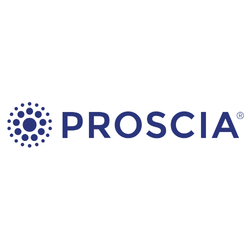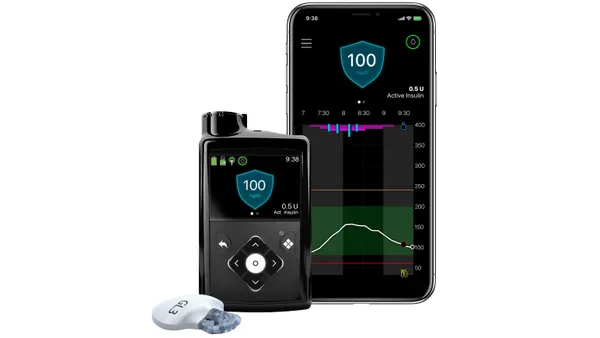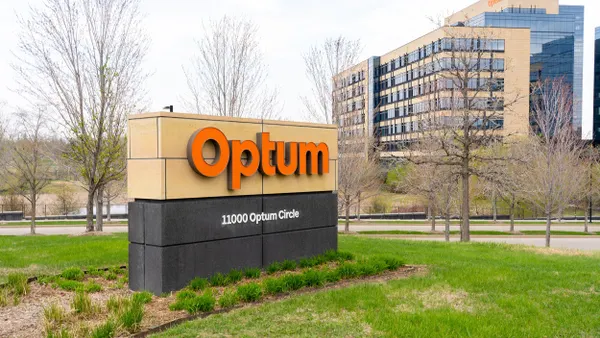Dive Brief:
- The Food and Drug Administration has approved an expanded indication for Edwards Lifesciences’ Sapien 3 transcatheter aortic valve replacement platform to include people who have severe aortic stenosis without symptoms, the company said.
- Edwards has said it expects the updated labeling to help accelerate sales in its TAVR business, where growth slowed last year due to capacity constraints that hospitals are now working to address. Stifel analyst Rick Wise said in a note Thursday that physicians started to see elevated TAVR referrals even before the label expansion.
- Edwards said the approval for its Sapien 3, Sapien 3 Ultra and Sapien 3 Ultra Resilia valves is based on data from the company’s Early TAVR trial that found asymptomatic patients who received an Edwards device had better outcomes than those under clinical surveillance.
Dive Insight:
Aortic stenosis is a stiffening of the valve that makes it harder for the heart to pump blood. For patients with severe aortic stenosis but no symptoms, American College of Cardiology and American Heart Association guidelines recommend clinical surveillance, also known as watchful waiting.
Edwards said the expanded indication for Sapien, which has been used to treat patients for more than two decades, marks the first FDA approval for TAVR in people who have severe aortic stenosis without symptoms.
Because symptoms of the disease can develop suddenly, “there is an urgent need to change practice and TAVR guidelines for the treatment of aortic stenosis patients,” Philippe Genereux, Early TAVR study author and an Edwards consultant, said in a company statement.
One in 10 patients who have symptoms of severe aortic stenosis may die within five weeks, according to Edwards, because the symptoms can be hard to detect but progress rapidly.
"This approval is a powerful opportunity to streamline patient care and improve the efficiency of the healthcare system,” said Larry Wood, group president of Edwards’ Transcatheter Aortic Valve Replacement and Surgical business.
Edwards is also studying TAVR in patients with moderate aortic stenosis in the Progress trial. It expects to present results from that study in late 2026, executives said on the company’s first-quarter earnings call.











